Society of Scholars
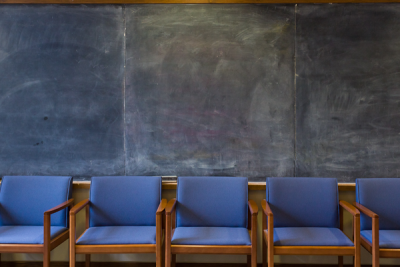
The Society of Scholars is an intellectual community of humanists of diverse generations, academic ranks, and departmental affiliations who contribute to and learn from one another’s work. Each year, approximately eight faculty and three dissertation research fellowships support members of the Society of Scholars. Scholars in year-long residence at the University of Washington may be invited to participate as well. The group meets biweekly throughout the year to discuss their research in progress.
Apply for the Fellowship (Faculty)
2025 - 2026 Society of Scholars
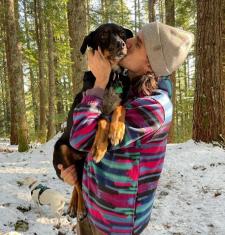
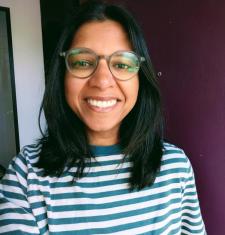
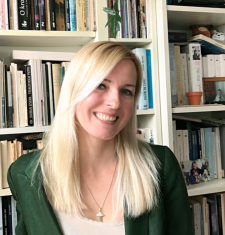
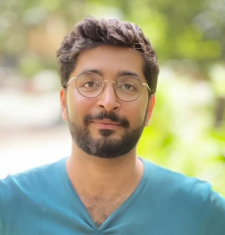
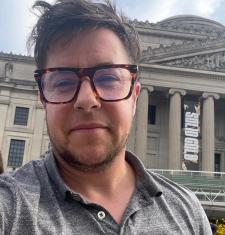
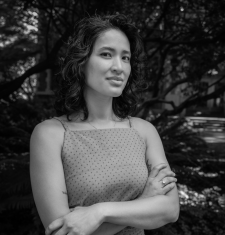
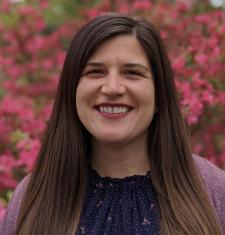
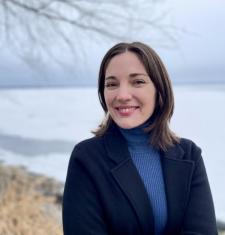
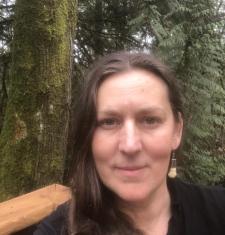
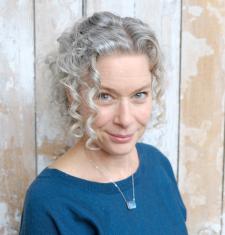
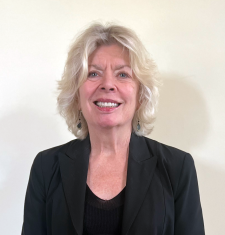
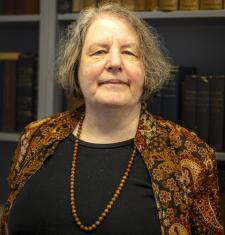
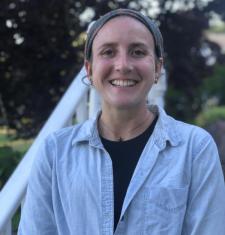
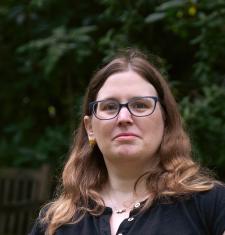
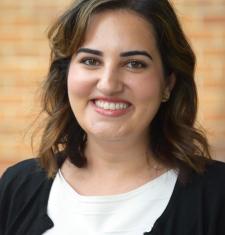
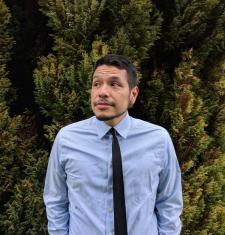
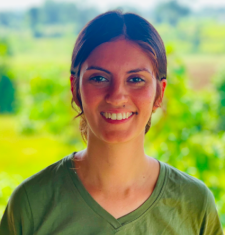

2022 - 2023 Society of Scholars Fellow
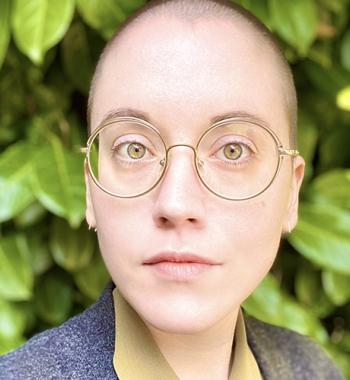
Maxine Savage (they/them/their)
Borealism Backwards: West Nordic Exoticization and its Others
“Borealism Backwards” addresses the exoticization of the North, i.e., borealism, as an ongoing phenomenon shaping discourses of gender, sexuality, and race in the cultural productions of the Faroe Islands, Greenland, and Iceland. What happens when this exoticization, which features ideals of hyperwhiteness, hypermasculinity, and hyperstraightness, encounters its others? In theorizing Black geographies of the North, critiquing the “post” of postcolonial Iceland, and attending to literary dreams of Kalaallit Nunaat’s (Greenland) decolonial futures, this project adds to the small but growing body of work on queer and racialized subjects in the West Nordics.